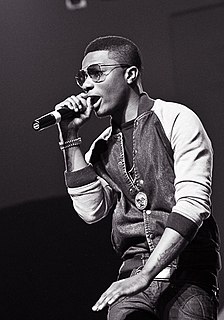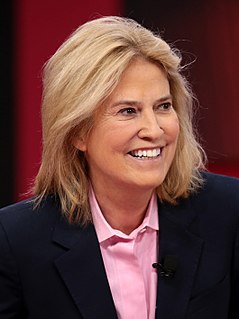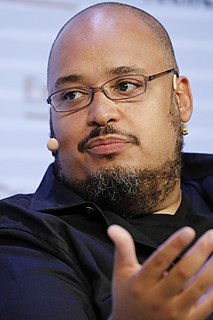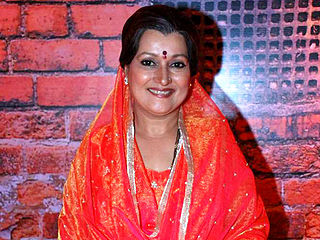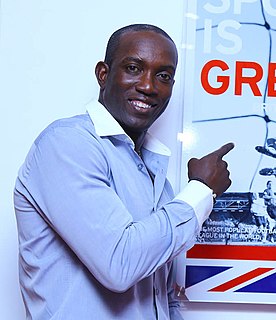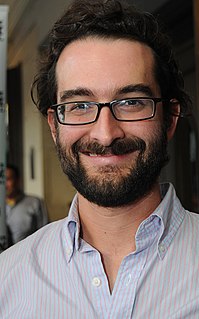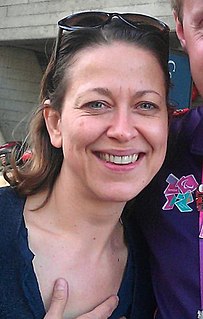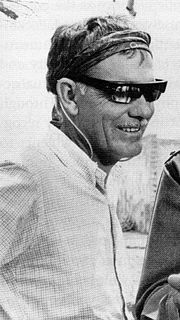A Quote by Errol Morris
I think an interview, properly considered, should be an investigation. You shouldn't know what the interview will yield. Otherwise, why do it at all?
Related Quotes
I was spurred by the fact that having worked for women's magazines myself as a journalist, if you go off and interview a female celebrity, I'd just go in and interview them like I'd interview any human being and talk about the things that interested me. And you'd come back, and you'd file your copy. And then my editor would read through my copy and go, why haven't you asked them if they want kids? And I'd be like, well, I don't know, I interviewed Aerosmith last week. And I didn't ask them that.

